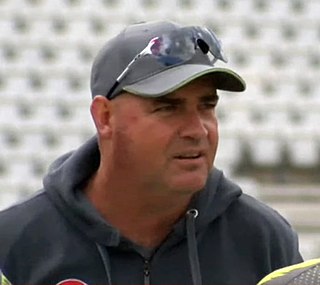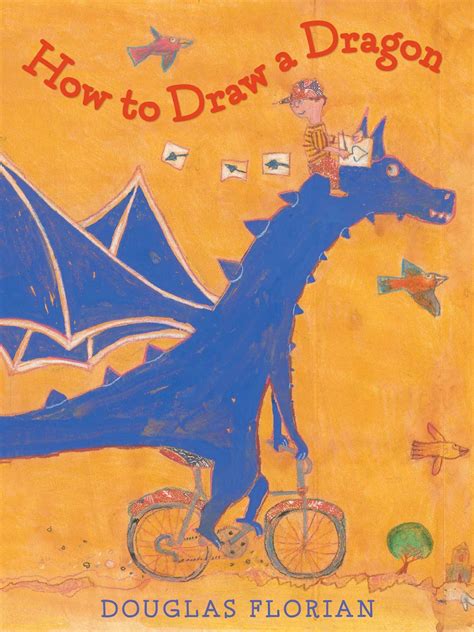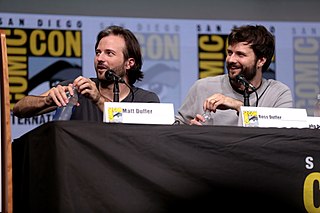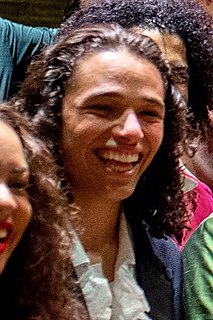A Quote by Angela Duckworth
I was a good novice teacher, but I did the things that were obvious. I stayed for lunch for extra tutoring, gave kids my cell phone, and was available. In my first year of teaching, I ended up doubling the math time that a conventional school would have. But I don't think any of these things were path-breaking or unusual.
Related Quotes
At the end of the day, when you go on to Google everything is about the way you were sacked when you were in charge of Australia. It doesn't mention the good things I did with South Africa or the good things I did in my first year with Australia when I brought in a lot of young players and gave them opportunities and tried to build a team.
I didn't think I was good at anything, didn't do well in school. And then in the third grade, I was going to a public school. And the teacher was putting math problems on the board. And I said to myself - it's amazing how you can remember certain incidents at any age that made an impression - I asked myself why is she putting those up when the answers are obvious. And then I saw it wasn't obvious to anybody else in the class. So I said, "Hey, I'm good at something."
When my kids were growing up, I wanted their teachers to teach them science, reading, math and history. I also wanted them to care about my kids. But I did not want my children's public school teachers teaching them religion. That was my job as a parent and the job of our church, Sunday school, and youth group.
When I was young I drew constantly in my sketchbooks to learn to see things. My first teacher in school, Gilbert Stone, taught me that you have to see things as they are first. Then you can distort, exaggerate, or re-create the world. I sketch in a small, unobtrusive sketchbook or on any paper at hand. I write on canary yellow tablets or any scrap available. I'm constantly doodling, even while editing my kids' homework, much to their chagrin!
I'm at the doctor's office. I'm in the waiting room. And there's this guy on his cell phone, talking really loud. Does he think he owns the place? Apparently. I think this is so offensive. But you have to remember: It doesn't take a cell phone to make people rude. People were rude before there were cell phones.
My second year of teaching I was chosen to be a crisis intervention teacher. Our school was a kindergarten through fourth grade school with 1,500 kids, largely recent immigrants from Africa and South America. And it was in one of the poorest zip codes in the country. The classes were too big, the school was underfunded.
If I'd loved my chemistry teacher and my maths teacher, goodness knows what direction my life might have gone in. I remember there was a primary school teacher who really woke me up to the joys of school for about one year when I was ten. He made me interested in things I would otherwise not have been interested in - because he was a brilliant teacher. He was instrumental in making me think learning was quite exciting.
From age 16 on, I found school boring and failed A-level Physics at my first attempt. This was necessary for university entrance, and so I stayed an extra year to repeat it. This time, I did splendidly and was admitted to Sheffield University, my first choice because of their excellent Chemistry Department.
By the time we got to Courageous, we were bringing in more outsiders, so any time we would bring in outsiders, we would offer to pay them, and [as for volunteers from] the church, because they were getting the benefit of the income to all the ministries of the church and the mission, the building program and all those things, they knew up-front that they were volunteering and gladly did so.






































